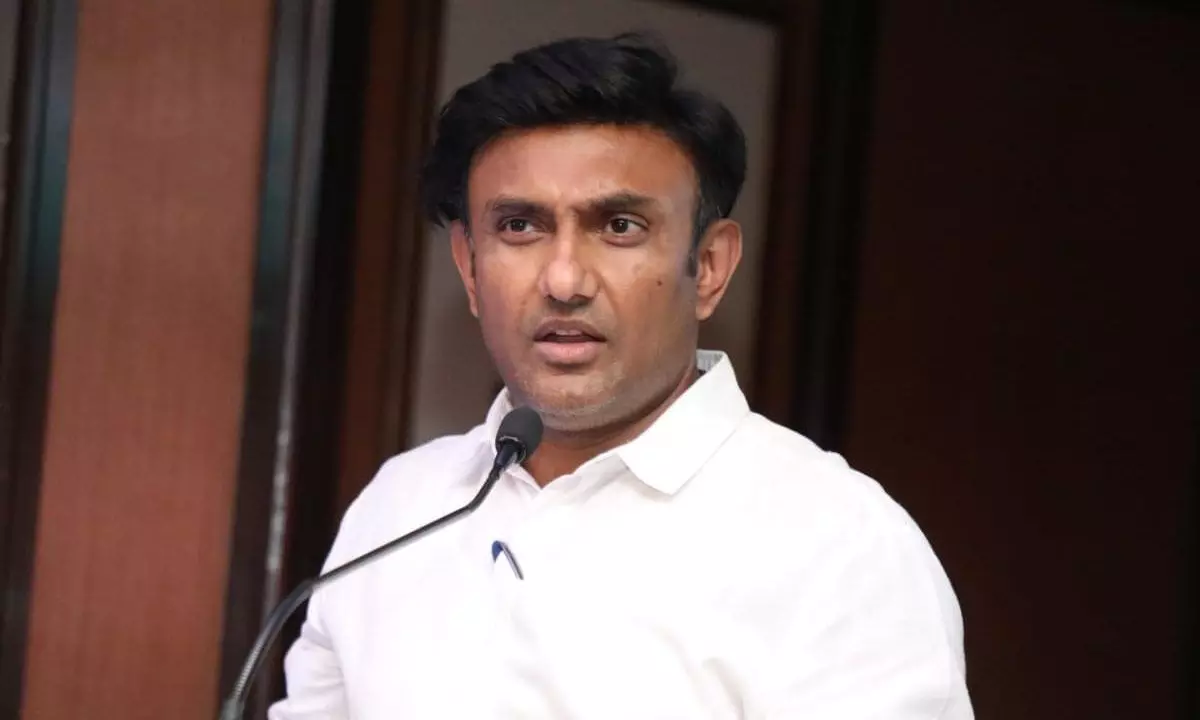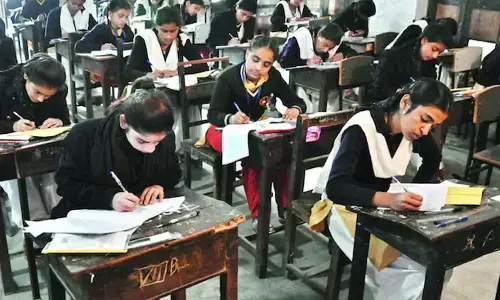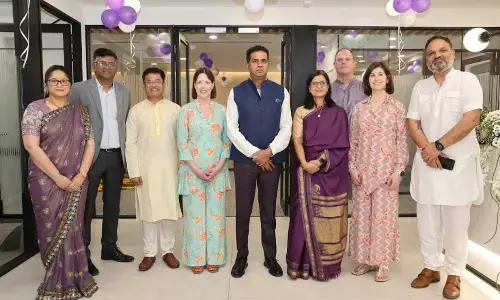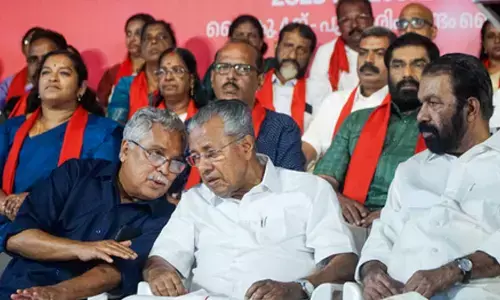Health Minister Sudhakar sets target to make Karnataka malaria-free by 2027

Health and Medical Education Minister Dr. K Sudhakar
The Union government has a target of making India malaria free by 2030 and already, 10 districts in Karnataka have not seen even a single malaria case in the past three years
Bengaluru: Karnataka Health Minister Dr K Sudhakar asked Health Department officials to take it as a challenge and make Karnataka Malaria free by 2027, three years before the Union government target of 2030.
Speaking at an event at Bangalore Medical College and Research Institute on the occasion of World Malaria Day, Dr Sudhakar said that Malaria is a disease predominantly seen in tropical countries and with India accounting for 70 per cent - 80 per cent of Malaria cases across South Asia and Southeast Asia. He highlighted the importance of raising awareness about prevention, detection and treatment of Malaria.
Dr Sudhakar also said that hygiene and cleanliness are key to prevent Malaria infections. "Initially, many made fun of our Modi ji when he started the Swachh Bharat Mission. But he knew better. He realized that the first step to improve health is to improve hygiene. To prevent Malaria, cleanliness is very necessary as Malaria is a vector borne disease that spreads through mosquitos and unclean areas attract mosquitos," he said
He further highlighted that since 2014, the Narendra Modi government has constructed 12 crore toilets across India in a bid to improve hygiene in rural areas. Minister Sudhakar further said that measures like use of mosquito nets in windows and during sleep needs to be implemented to prevent Malaria.
He stated that medical students are the strength of government medical colleges and further stated that they have to conduct awareness programs and camps in rural areas to fight Malaria. He also pointed out that private doctors practicing in rural areas must be involved in the fight against Malaria.
The Union government has a target of making India malaria free by 2030 and already, 10 districts in Karnataka have not seen even a single malaria case in the past three years, he said. All the credit goes to Health Department officials, staff and ASHA workers, he stated. He also appreciated ASHA workers for their work in creating awareness in rural areas.
He stated that the symptoms of malaria include fever, sweating, chills, body-ache, vomiting and diarrhoea. The easiest way to detect Malaria is to get a blood test and it is available at all PHCs, government taluk hospitals and government district hospitals, he said.
Minister Sudhakar stated that the most number of malaria cases in Karnataka are currently seen in Udupi and Dakshina Karnataka districts and that research is underway to understand the reason for this.
Our government is striving to create Arogya Karnataka and our officials and staff have been striving towards it. However, because of some people, we have been facing some hindrances. To mitigate this issue, last week, we made biometric attendance mandatory for all officials and staff, Minister Sudhakar said.








